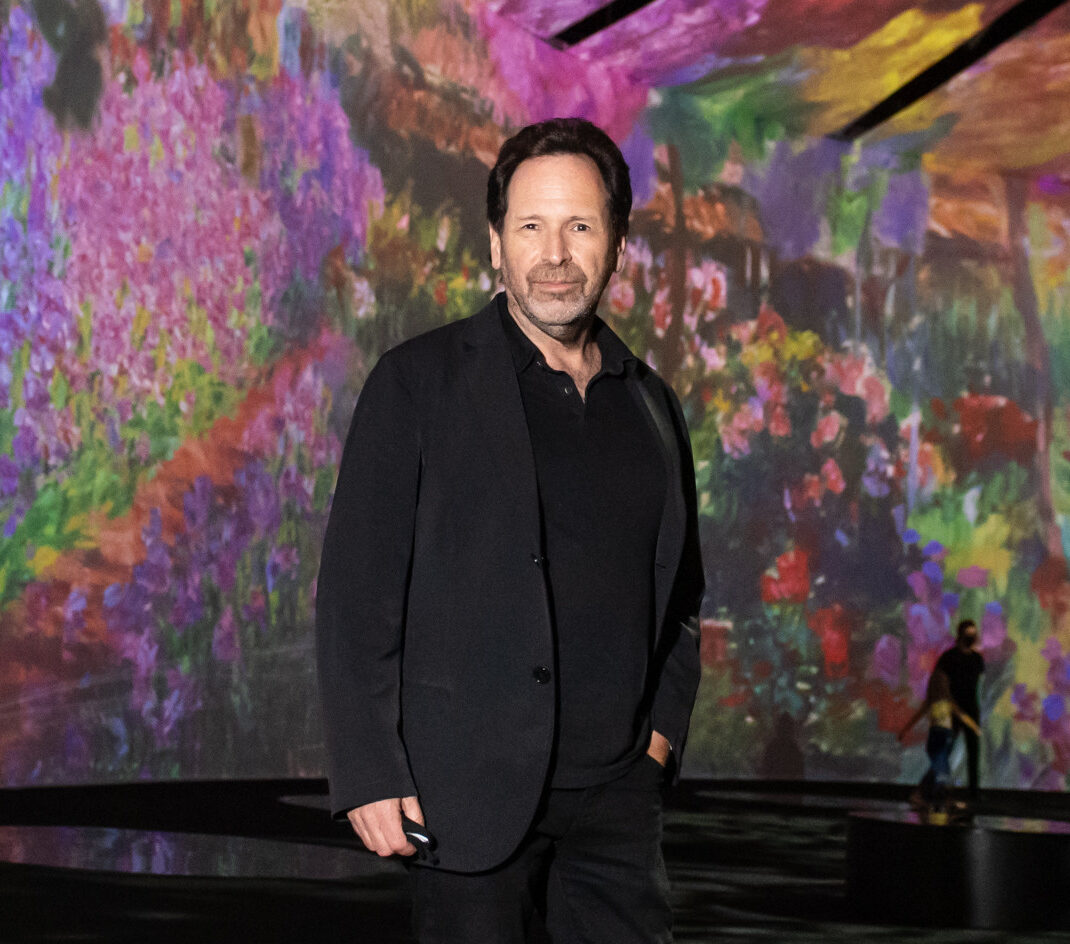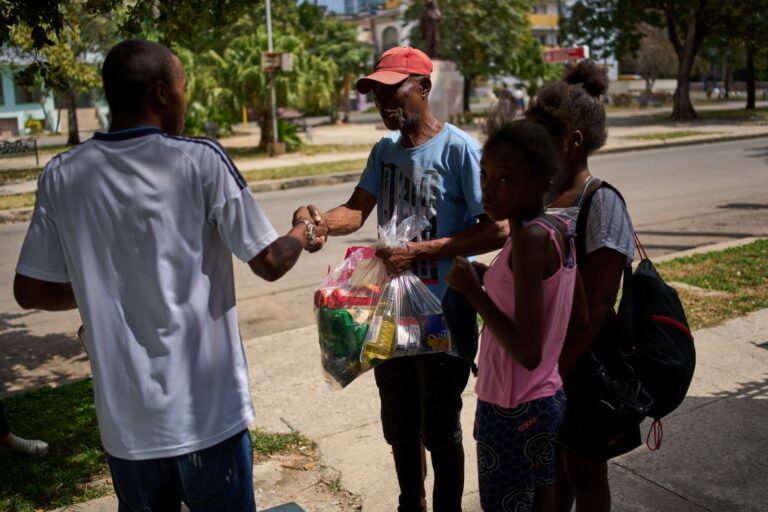The Toronto International Film Festival (TIFF) has long been celebrated for its bold programming and commitment to diverse, provocative storytelling. But its recent decision to cancel the screening next month of a documentary about the Hamas attack on Israel two years ago — before eventually backtracking, apologizing and reinstating it — triggered a reputational crisis of the festival’s own making.
On Oct. 7, 2023, more than 1,200 people were killed and hundreds abducted into Gaza in a Hamas-led massacre in southern Israel. Directed by Canadian filmmaker Barry Avrich, The Road Between Us: The Ultimate Rescue chronicles the harrowing story of retired Israeli general Noam Tibon who, along with his wife, made the dangerous decision to save their son, daughter-in-law and two granddaughters who were surrounded by Hamas terrorists laying siege to their kibbutz.
Tibon succeeded in getting his family to safety. He also rescued some survivors of the Nova music festival, also targeted by Hamas, as well as an injured Israeli soldier. Tibon’s remarkable story of heroism was featured in a segment of the popular current affairs program 60 Minutes.
A backlash TIFF didn’t see coming
TIFF’s decision to cancel the film after first inviting its inclusion sparked widespread condemnation and anger. In explaining its decision, the festival cited “legal concerns” over the filmmaker’s rights to GoPro footage filmed by Hamas terrorists as well as fears of “disruption” from anti-Israel activists.
Jewish organizations, elected officials, filmmakers and many other groups were outraged over this dubious set of claims. They saw the move as a capitulation to the anti-Israel lobby, effectively silencing a story of Jewish trauma and survival precisely at a time of escalating anti-Jewish hatred. TIFF’s response highlighted how risk aversion without foresight, transparency, empathy and ethical conviction can severely damage institutional credibility and trust.
TIFF’s first misstep was failing to anticipate the emotional and symbolic weight of the film’s subject matter and the consequences of cancelling its screening. Oct. 7, 2023, was the single deadliest day for Jews since the Holocaust. It represents what author and journalist Yossi Klein Halevi recently described as “the end of the post-Holocaust era of Jewish security and acceptance.” In an interview in July he said the attack sparked a global wave of antisemitism, as well as Holocaust distortion and denial that would have been inconceivable a generation ago.
The Jewish community in Canada and abroad felt betrayed — not only by the festival over its decision to pull the film, but by what the decision symbolized: the continued erasure of Jewish suffering in the face of political pressure.
Where TIFF went wrong
Any decision involving the portrayal of that horrific day demands the highest measures of cultural sensitivity. TIFF’s vague justification, citing concerns about access rights and public safety, lacked moral clarity and betrayed any sense of strategic foresight. As law professor Michael Geist argued: “The copyright claim is so ridiculous that it hardly needs debunking and is beneath what is supposedly a credible organization.”
Effective crisis communication hinges on transparency, especially when decisions touch on traumatic events. The gruesome footage from the Hamas attack has been widely circulated and is in the public domain. The festival’s inability to clearly communicate its concerns to the filmmaker and to the public created a vacuum in which damaging interpretations and claims took hold. They included suggestions that the festival was practising censorship, had kowtowed to political pressure and was prioritizing politics over artistic expression.
Without a legally defensible and morally forthright response, TIFF ceded control of the narrative and allowed others to define the moment — which they did as “unfathomable and disturbing” and as a “stain on the festival’s reputation.”
The reversal and its limits
TIFF CEO Cameron Bailey initially issued a public statement expressing “sincere apologies for any pain this situation may have caused.” He committed to working with the filmmaker to resolve any legal concerns and “allow the film to be screened at this year’s event.”
Less than 24 hours later, the festival announced the screening would go ahead after all. TIFF acknowledged the importance of reaching a resolution after listening to the “pain and frustration” its decision caused. In a joint statement with Avrich, the festival announced it had come to an agreement on “important safety, legal and programming concerns.”
The reversal was an appropriate outcome. TIFF’s apology, while imperfect, signalled a willingness to listen and learn. Whether that apology was motivated by a genuine commitment to growth and reflection or was an exercise in damage control and image repair remains to be seen. Regardless, the festival’s leadership appears to have listened to public concerns, acknowledged the harm of its initial decision and ultimately reversed course. If there’s a silver lining to what happened, it is that more people will know about the film and, hopefully, turn out to see it.
Lessons for cultural institutions
The controversy over the documentary has underscored a broader lesson for cultural institutions faced with having to navigate politically charged environments. Risk management must always be balanced with moral clarity and mission integrity. Film festivals are more than entertainment venues. They’re platforms for dialogue, truth-telling and artistic freedom. When institutions pre-emptively censor content because they fear protests or frivolous legal action, they risk undermining their credibility and alienating their audiences.
Crisis communication is not just about managing fallout and it doesn’t have to be merely reactive. It also provides an important opportunity to affirm what an organization stands for, that is, to lead with its values. Communicating values builds trust and credibility with stakeholders and upholds the morale of staff and supporters. This is always crucial but is especially so during a crisis.
TIFF’s initial errors in judgment and its poor response remind us that in moments of dissension, ambiguity is rarely neutral. It speaks volumes. And when the story in question is one of survival, trauma and truth, cultural institutions must always choose courage and conviction over caution.












